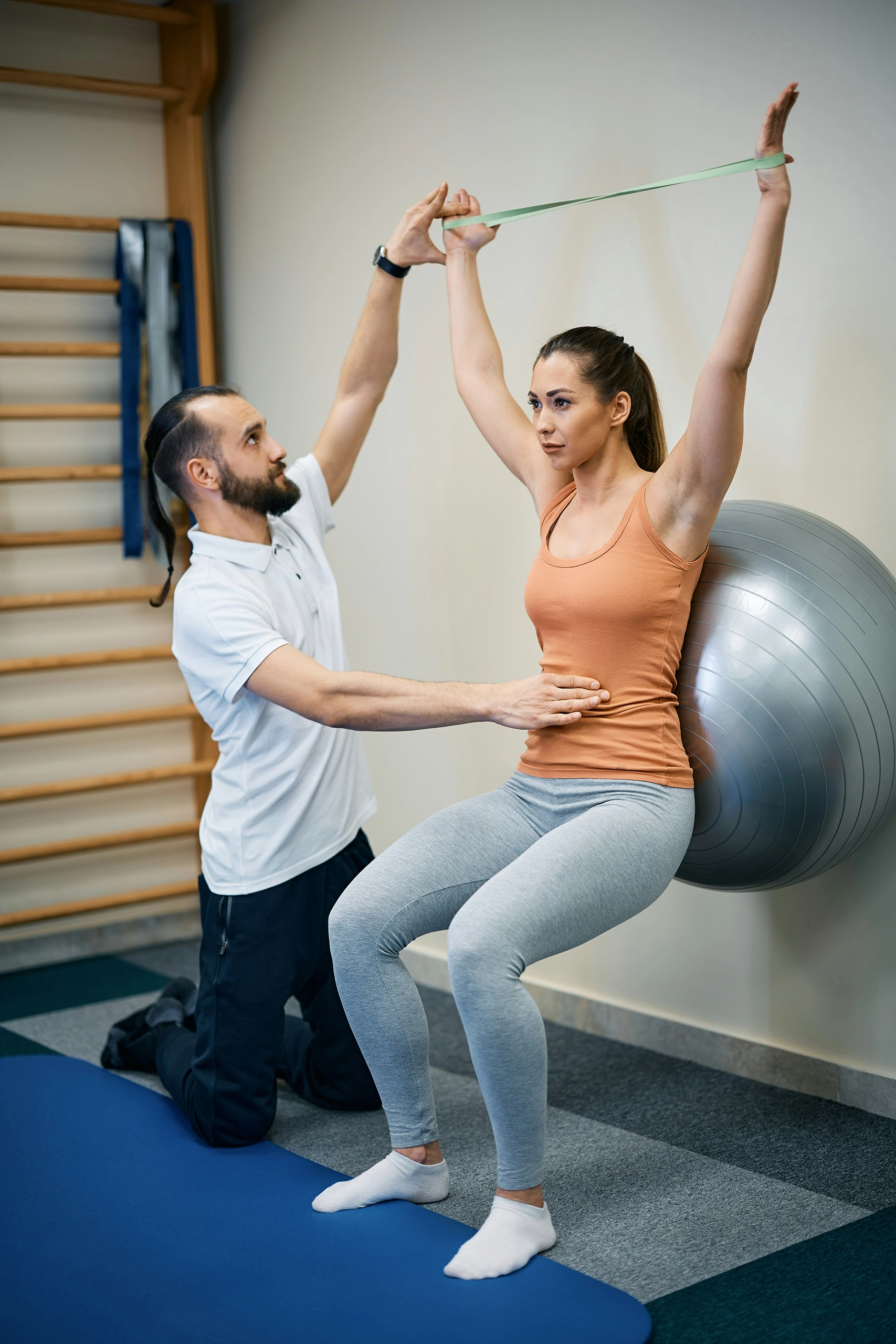Importance of Motor Skills
Motor skills encompassing fine and gross motor abilities are essential for performing everyday tasks and participating in recreational activities. Individuals with Autism Spectrum Disorder (ASD) often experience delays or difficulties in motor coordination and control, impacting their ability to engage in both routine and leisure activities. Developing these skills is crucial for fostering independence and enhancing physical health.
Fine Motor Skills
Fine motor skills involve the use of small muscles, particularly those in the hands and fingers, for precise movements. These skills are necessary for tasks such as writing, buttoning clothes, and using utensils. Difficulties with fine motor coordination can significantly affect an individual’s ability to perform daily self-care tasks independently. Challenges in fine motor skills can also impact academic performance and participation in hobbies or crafts that require manual dexterity.
Gross Motor Skills
Gross motor skills involve larger muscle groups used for activities such as running, jumping, and climbing. These skills are important for overall physical fitness and participation in sports and recreational activities. Delays in gross motor development can limit an individual’s ability to engage in active play and exercise, affecting their physical health and social opportunities. Proper development of gross motor skills is essential for maintaining balance, coordination, and overall mobility.
Techniques Used by Therapists
To address motor skill challenges, therapists use a variety of interventions designed to improve both fine and gross motor abilities. While Occupational Therapists (OTs) and Physical Therapists (PTs) are primarily responsible for these interventions, Board Certified Behavior Analysts (BCBAs) and Registered Behavior Technicians (RBTs) may support certain activities within their scope.

Occupational Therapy (OT)
Performed by: Occupational Therapists (not typically by BCBAs or RBTs)
Description: OTs work on improving fine motor skills and hand-eye coordination through exercises and activities that strengthen the muscles needed for precise movements. For example, tasks such as stringing beads, cutting with scissors, and writing practice are used to enhance agility and coordination. OTs also address sensory processing issues impacting motor skills, helping individuals become more comfortable with various textures and sensations. Sensory integration activities, such as playing with different materials or engaging in tactile games, can also improve fine motor skills.

Physical Therapy (PT)
Performed by: Physical Therapists (not typically by BCBAs or RBTs)
Description: PTs focus on enhancing strength, balance, and coordination through exercises and activities tailored to the individual’s needs. These might include balance exercises, strength training, and coordination drills. For example, a PT might use obstacle courses to improve balance and coordination or strength-building exercises to enhance muscle tone and stability. Physical therapy can also involve running, jumping, and climbing, designed to improve overall gross motor function.
Physical Therapy (PT)
Performed by: Physical Therapists (not typically by BCBAs or RBTs)
Description: PTs focus on enhancing strength, balance, and coordination through exercises and activities tailored to the individual’s needs. These might include balance exercises, strength training, and coordination drills. For example, a PT might use obstacle courses to improve balance and coordination or strength-building exercises to enhance muscle tone and stability. Physical therapy can also involve running, jumping, and climbing, designed to improve overall gross motor function.


Sensory Integration Therapy
Performed by: Occupational Therapists (not typically by BCBAs or RBTs)
Description: Sensory integration therapy addresses sensory processing issues that can impact motor skills. Activities are designed to help individuals respond more effectively to sensory input, improving their overall motor abilities. For example, an OT might use swinging, jumping, and tactile activities to help a child become more accustomed to different sensory experiences and improve their motor responses. This type of therapy is crucial for individuals with ASD who may have heightened sensitivities or difficulties processing sensory information.

Role of Applied Behavior Analysis (ABA) in Motor Skills
Performed by:BCBAs and RBTs
Description: ABA techniques can support motor skill development by using principles of behavior modification to reinforce desired motor behaviors. For example, BCBAs and RBTs might implement task analysis to break down complex motor tasks into smaller, manageable steps and use positive reinforcement to encourage progress. They might also use prompting and shaping techniques to help individuals gradually acquire new motor skills. While ABA practitioners do not typically perform physical or occupational therapy, their expertise in behavior management can complement these therapies by ensuring consistent practice and reinforcement of motor skills.
Role of Applied Behavior Analysis (ABA) in Motor Skills
Performed by:BCBAs and RBTs
Description: ABA techniques can support motor skill development by using principles of behavior modification to reinforce desired motor behaviors. For example, BCBAs and RBTs might implement task analysis to break down complex motor tasks into smaller, manageable steps and use positive reinforcement to encourage progress. They might also use prompting and shaping techniques to help individuals gradually acquire new motor skills. While ABA practitioners do not typically perform physical or occupational therapy, their expertise in behavior management can complement these therapies by ensuring consistent practice and reinforcement of motor skills.

Start Your Child’s ABA Therapy Journey Today
Our compassionate, collaborative ABA therapy empowers children and families to thrive. Together, we nurture connections, fuel progress, and embrace a brighter future through evidence-based care.
Outcomes
Improving motor abilities enables individuals with ASD to participate more fully in daily activities and recreational pursuits. Enhanced motor skills contribute to greater independence, physical health, and overall quality of life. The following outcomes highlight the benefits of motor skill development:
- Greater Independence: Improved fine and gross motor skills allow individuals to perform daily tasks more independently, reducing reliance on caregivers and enhancing self-sufficiency. This independence fosters a sense of autonomy and confidence, as individuals can manage their self-care routines and participate in various activities on their own.
- Physical Health:Enhanced motor skills contribute to better physical health by promoting active participation in exercise and recreational activities. This can lead to improved fitness, strength, and overall well-being. Regular physical activity is essential for maintaining a healthy lifestyle, preventing obesity, and improving cardiovascular health.
- Social Participation:Better motor skills enable individuals to engage more fully in social and recreational activities, fostering inclusion and providing opportunities for social interaction. Participation in group sports, playground activities, and other social events can help individuals with ASD build friendships and improve their social skills.
- Increased Confidence: Mastery of motor skills boosts self-esteem and confidence, as individuals feel more capable in their physical abilities. Achieving success in motor tasks reinforces a positive self-image and motivates individuals to tackle new challenges, further promoting personal growth and development.
Conclusion
Motor skills are critical areas of development for individuals with ASD. Therapists, including Occupational Therapists, Physical Therapists, BCBAs, and RBTs, play vital roles in helping individuals enhance these skills. Through targeted interventions, structured activities, and the application of ABA techniques, individuals with ASD can achieve greater independence, improved physical health, and enhanced social participation. By focusing on the development of fine and gross motor skills, therapists enable individuals with ASD to lead more fulfilling and enriched lives, contributing to their overall development and well-being. Enhanced motor skills not only provide practical benefits in daily living but also support broader goals of inclusion, confidence, and holistic health.

